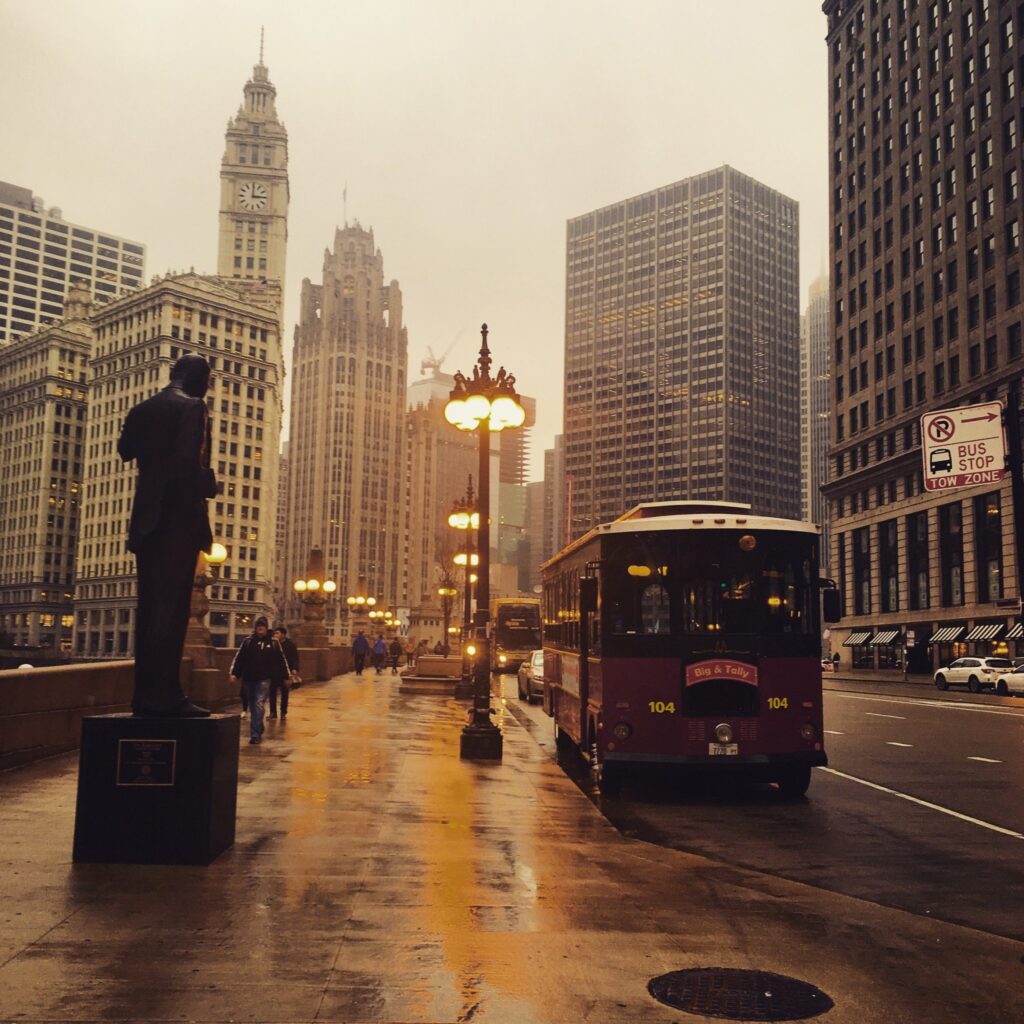
Veteran Procurement Opportunities
Veteran Procurement Opportunities Local, State and Federal level increasingly want to support Veteran Certified Firms, but Who is a Veteran? Many people are currently serving

Veteran Procurement Opportunities Local, State and Federal level increasingly want to support Veteran Certified Firms, but Who is a Veteran? Many people are currently serving

MBE – Does your Birth Country Count? By Jordan Matyas Federal, state, and local government agencies provide access to government contracts to MBE’s, Minority-Owned Business

The Illinois State Medical Society has a Code of Ethics for its physician members. ISMS makes it clear that their Code is not a law,

Are residency requirements for jobs with cities and local agencies enforceable? How do you prove residency? Intent to establish permanent residency is key!

Generally, people go to courts to seek justice and remedy for wrongs. Does it really matter who presides over and adjudicates your disputes? The answer

Violating Responsible Bidder Provision Jeopardizes Chances of Doing Business with the State In R.L. Brink v. Schneider, the Illinois Appellate Court determined that the Illinois

In Hayenga v. City of Rockford, the Illinois Appellate Court addressed a city’s authority to impound a vehicle in Illinois. In concluding that the city

If you are licensed by IDFPR and receive a notice of an “informal conference,” STOP and digest this next sentence before proceeding: An IDFPR informal conference is not

Are you a Doctor that prescribes opioids? If so be sure to follow the Model Policy or Risk Professional Discipline Illinois Department of Financial and

Everyone wants more clients and what better way than to advertise on the internet, radio, TV, and even newspapers. Before you invest in designing ads